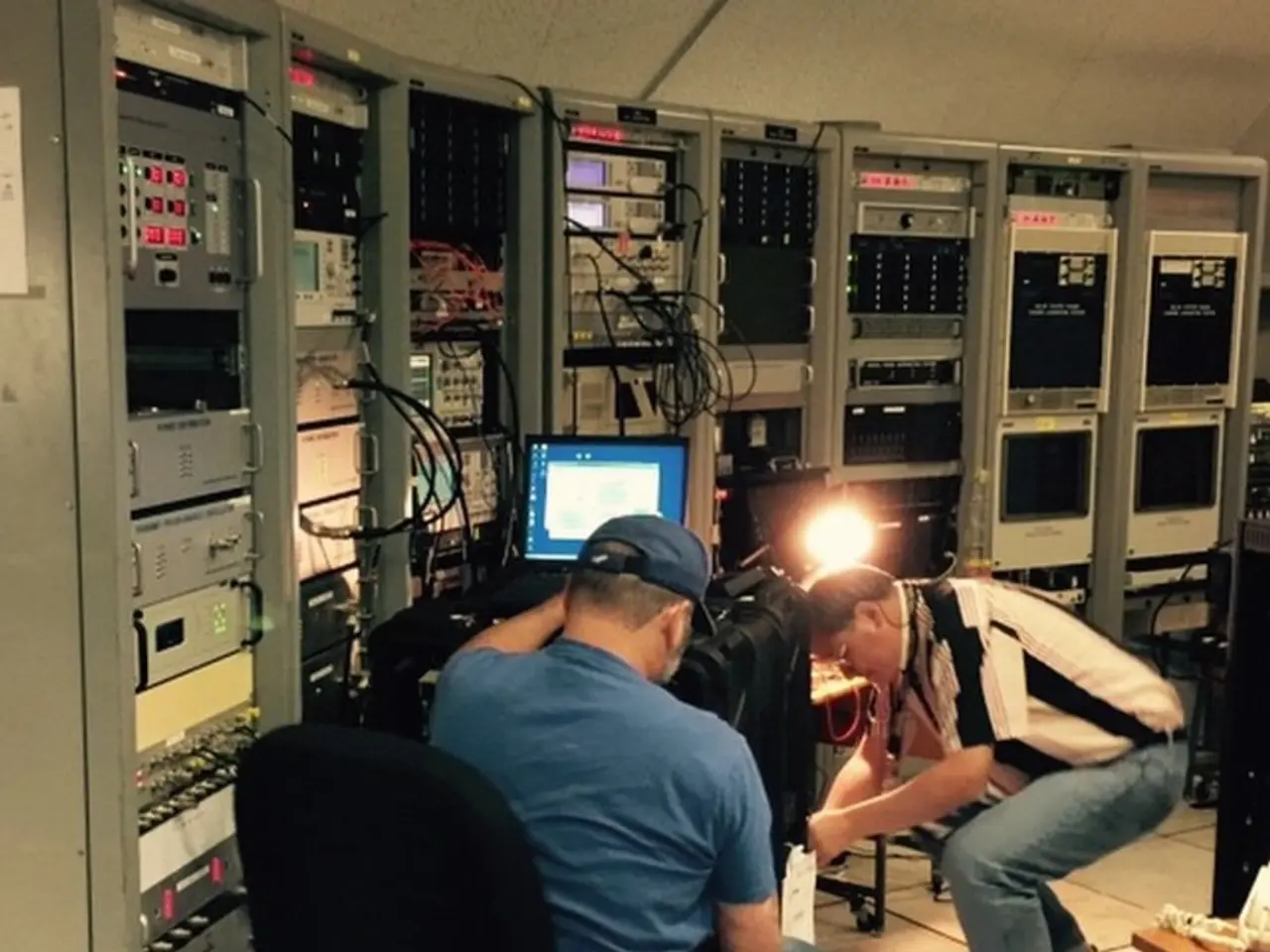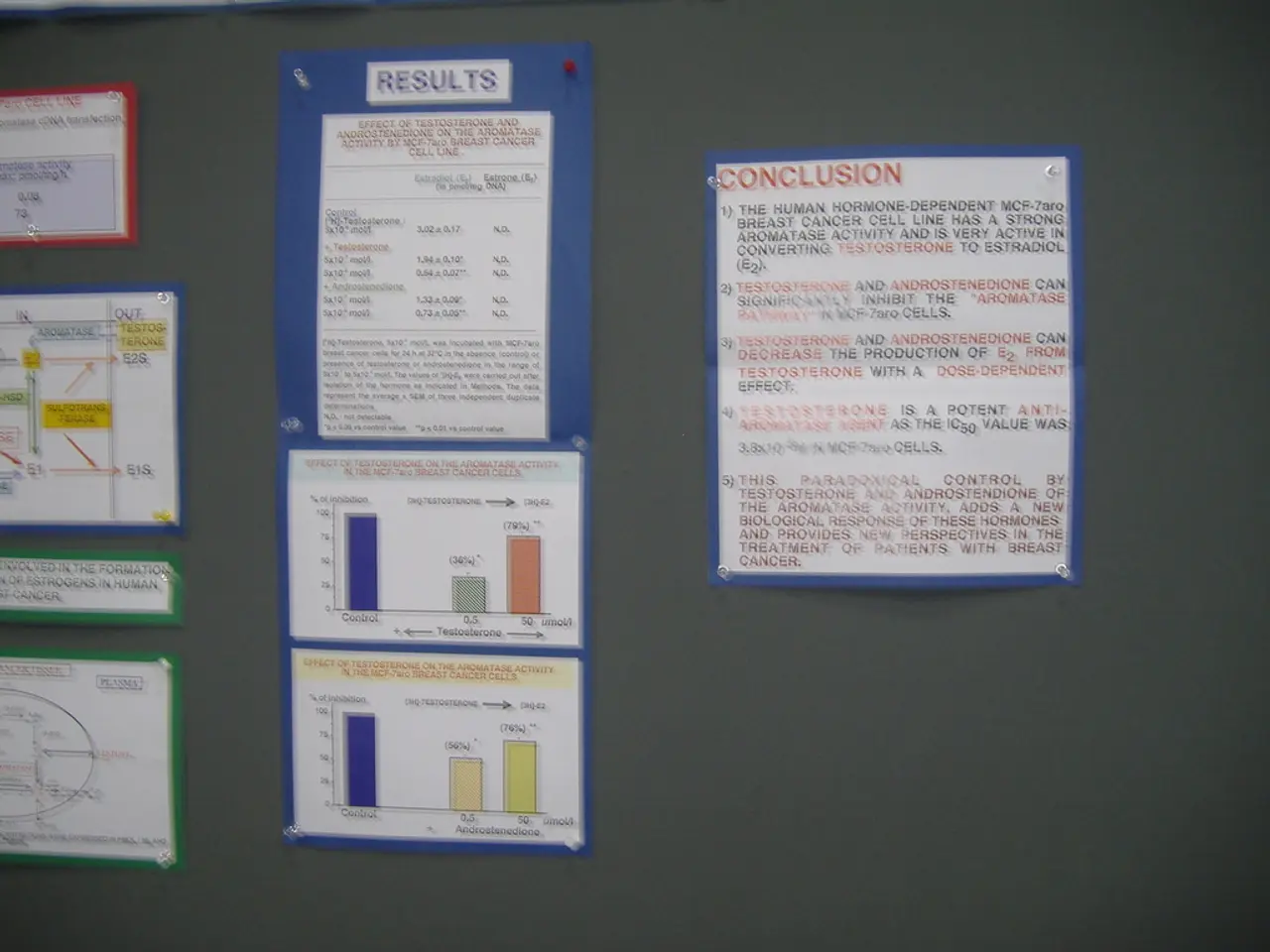Misinformation spreading like a contagion
In the digital age, the Chinese Communist Party (CCP) has launched a disinformation campaign against Taiwan, employing tactics that mirror the organized and collective behavior of a biological virus. This cyberwarfare involves emotionally provocative, misleading, and divisive content, generated by artificial intelligence and disseminated through fake accounts [1].
To combat this onslaught of false information, the approach should be similar to a public health stance, treating disinformation like a virus and implementing epidemic prevention strategies. The goal is to reduce the transmission rate (R value) of disinformation by cutting off its transference chains and building herd immunity [2].
One key strategy is building public trust and social resilience. Since the CCP uses emotional and cultural tools to shape public opinion through soft power channels such as social media influencers, student exchanges, and grassroots networks, strengthening trust within Taiwanese society is critical to inoculate the public against manipulative narratives [1].
Flexible and robust institutions also play a crucial role. Taiwan counters disinformation by adapting its institutions to better detect and respond to foreign influence operations, including algorithm-driven disinformation campaigns and covert grassroots political co-optation [1][3].
Civic Technology Innovation is another essential tool. Developing digital tools and platforms that can detect and limit disinformation, particularly those propagated by CCP content farms and coordinated social media accounts, supports efforts to expose and counter false information [1][3].
Legal reforms are also necessary. Taiwan has strengthened law enforcement mechanisms to target espionage, funding channels for election interference, and cooperation networks disseminating disinformation [3].
International coalition-building is another important strategy. Cooperation with global partners helps Taiwan share intelligence and align responses to CCP influence operations, reinforcing democratic resilience [1].
Public awareness and education are also vital. The Taiwanese government supports media such as the TV drama "Zero Day Attack," which raises awareness about CCP cognitive warfare tactics, highlighting the importance of societal resilience and civilian preparedness [2][4].
It's important to note that algorithms may misinterpret comments, shares, or likes on disinformation as valuable content and continue to promote it. Reducing the transmissibility of disinformation is an effective response, which includes blocking it, refusing engagement, and encouraging others to do the same [2].
Politicians and influencers should exercise self-restraint by refusing to become pawns in the CCP's cyberwarfare. Developing digital immunity in democratic societies requires strengthening language and media literacy in education, transparency regarding social media algorithms, and forming communities that counter online disinformation campaigns [5].
In epidemiology, if R > 1, the virus spreads exponentially; if R < 1, the outbreak will gradually fade, naturally dying off. The same principle applies to disinformation. By implementing these strategies, Taiwan and democratic societies can build a digital immunity, combat disinformation, and safeguard their democratic values.
[1] Freedom House. (2021). The CCP's Digital War Against Taiwan. https://freedomhouse.org/report/special-reports/2021/ccps-digital-war-against-taiwan
[2] Council on Foreign Relations. (2021). Taiwan's Response to Chinese Cyber Threats. https://www.cfr.org/backgrounder/taiwans-response-chinese-cyber-threats
[3] The Diplomat. (2021). Taiwan's Laws Against Cyberattacks. https://thediplomat.com/2021/07/taiwans-laws-against-cyberattacks/
[4] Taiwan News. (2021). Taiwanese TV drama "Zero Day Attack" raises awareness about China's cyber warfare tactics. https://www.taiwannews.com.tw/en/news/4248371
[5] Carnegie Endowment for International Peace. (2020). Countering Disinformation: A Public Health Approach. https://carnegieendowment.org/2020/08/18/countering-disinformation-public-health-approach-pub-83190
- A strong education and self-development strategy, focusing on language and media literacy, is crucial for individuals in democratic societies to develop digital immunity and resist being manipulated by the Chinese Communist Party's (CCP) disinformation campaigns.
- In the fight against disinformation, technology plays a significant role, with civic technology innovation being essential for detecting and limiting false information, particularly that originating from CCP content farms and coordinated social media accounts.




